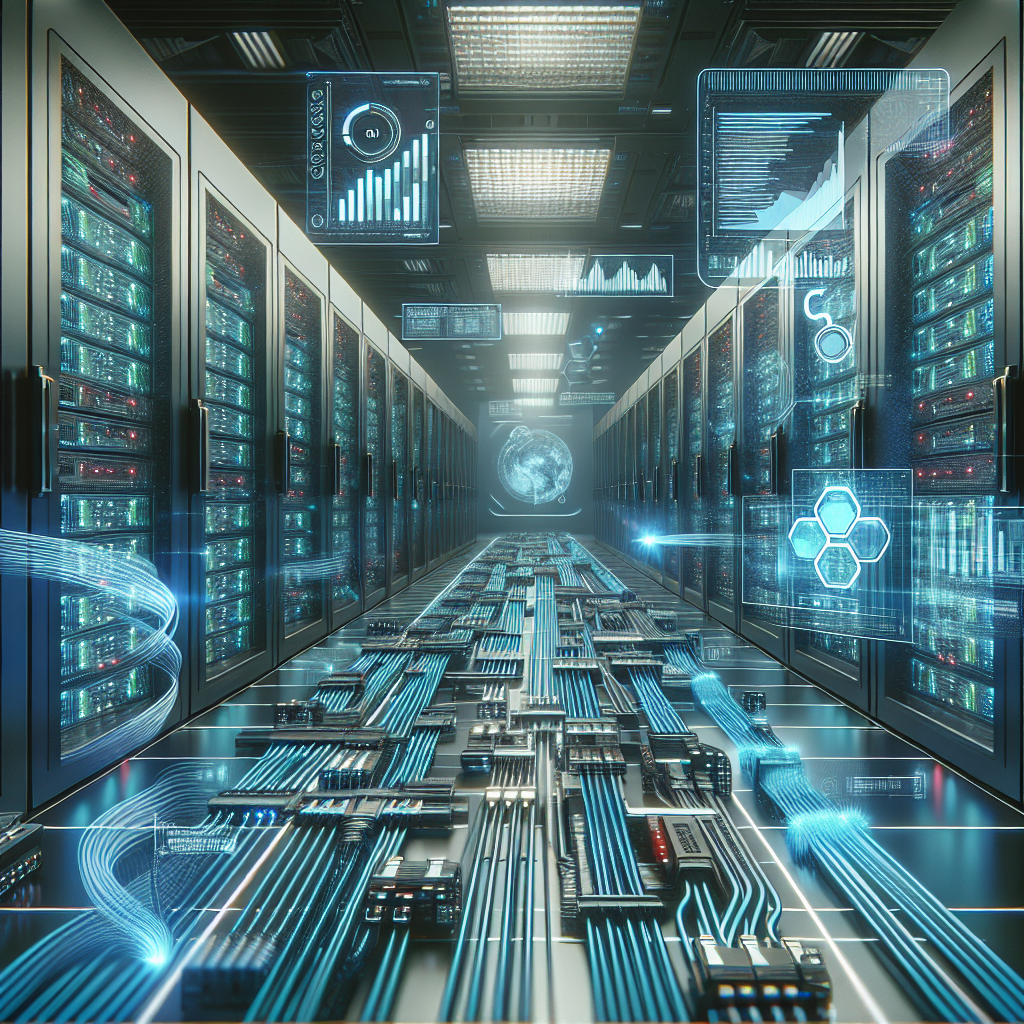In today’s digital age, data centers are the backbone of our increasingly connected world. These facilities house the servers and storage systems that store and process the vast amounts of data generated by individuals, businesses, and organizations every day. With the exponential growth of data, the management of data center facilities has become more important than ever before.
The future of data center facilities management is evolving rapidly to keep pace with the demands of modern technology. As data centers become larger and more complex, the need for efficient and effective management strategies is paramount. Here are some key trends that are shaping the future of data center facilities management:
1. Automation and AI: Automation and artificial intelligence (AI) are playing an increasingly important role in data center management. These technologies can help to streamline operations, improve efficiency, and reduce the risk of human error. For example, AI-powered predictive maintenance systems can help to identify and address potential issues before they cause downtime, while automation tools can help to optimize energy usage and cooling systems.
2. Edge computing: The rise of edge computing, where data processing is performed closer to the source of data generation, is changing the way data centers are managed. As more data is processed at the edge, data center facilities will need to be distributed across a wider geographic area. This will require new management strategies to ensure that data is processed quickly and efficiently, while maintaining high levels of security and reliability.
3. Sustainability: With the increasing focus on environmental sustainability, data center facilities management is also evolving to reduce energy consumption and minimize environmental impact. This includes the use of renewable energy sources, energy-efficient cooling systems, and the implementation of green building practices. Sustainable data center management not only helps to reduce operating costs but also demonstrates a commitment to corporate social responsibility.
4. Security and compliance: Data security and compliance with regulations such as GDPR are top priorities for data center facilities management. With the increasing threat of cyberattacks and data breaches, data center managers must implement robust security measures to protect sensitive data. This includes physical security measures such as biometric access controls and surveillance systems, as well as cybersecurity measures such as encryption and intrusion detection systems.
5. Remote management: As data centers become more complex and geographically dispersed, remote management tools are becoming essential for data center facilities management. These tools allow data center managers to monitor and control operations from anywhere in the world, ensuring that data center facilities are running smoothly and efficiently at all times.
In conclusion, the future of data center facilities management is exciting and full of opportunities. By embracing automation, AI, edge computing, sustainability, security, and remote management tools, data center managers can ensure that their facilities are well-equipped to meet the demands of the digital age. As data continues to grow exponentially, the importance of effective data center management will only continue to increase.


Leave a Reply